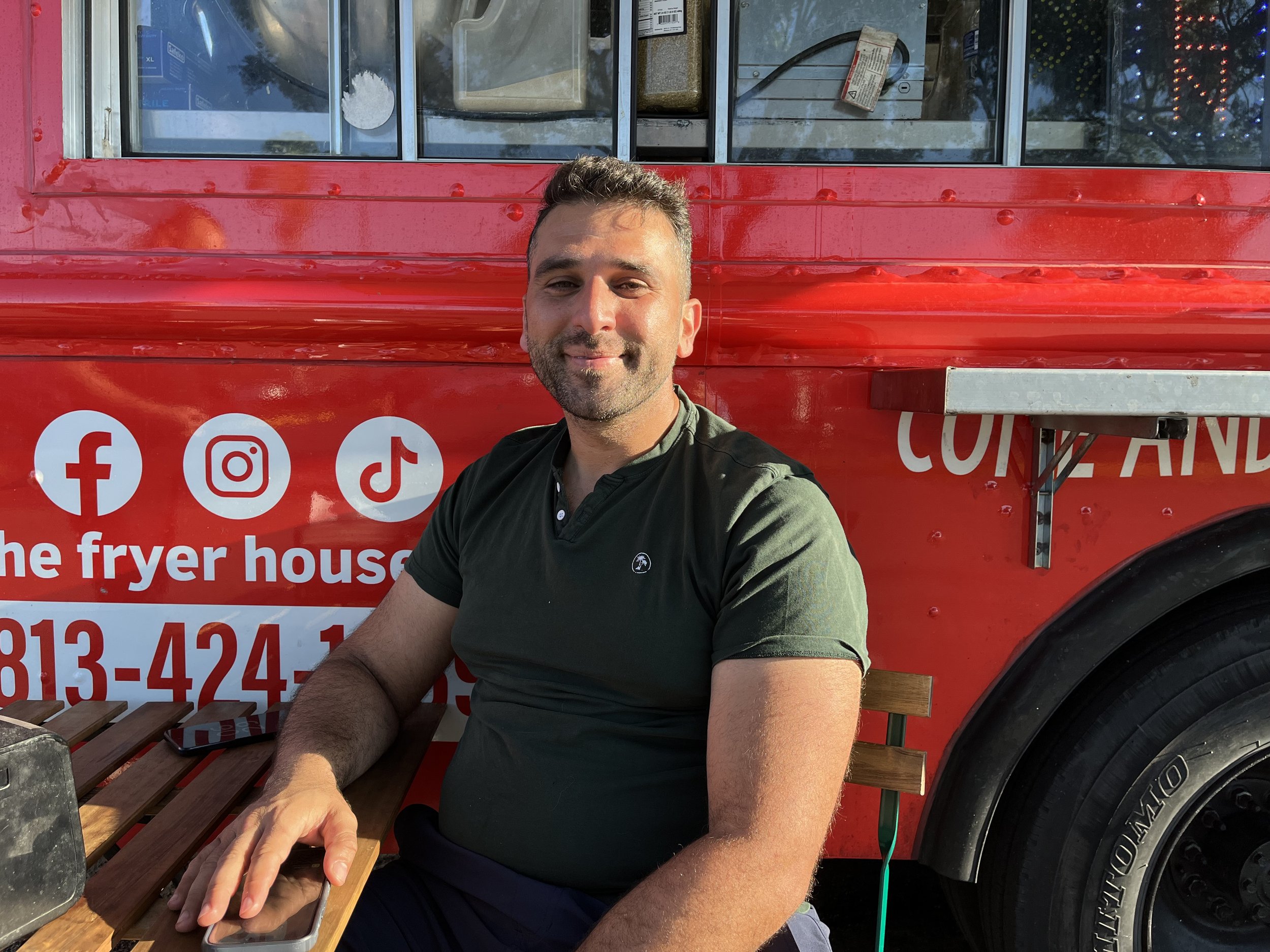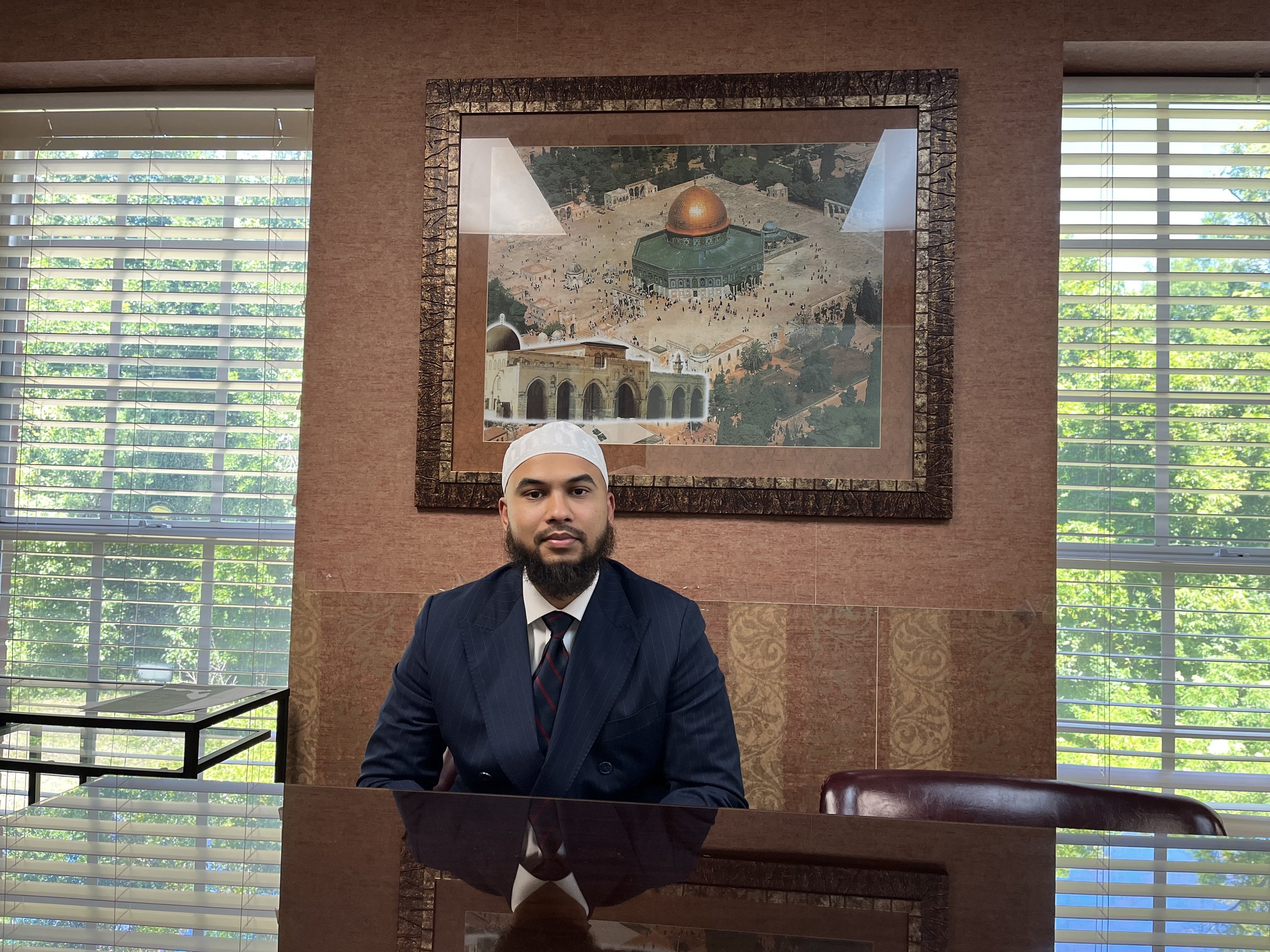I sat down for tacos with a colleague in Culver City, California, one early summer’s eve. The conversation was light.
That is, until it wasn’t.
Involved with interreligious dialogue at the local, state, national, and intergovernmental level, my acquaintance was concerned about the impact of Hamas’ attack on Israel that killed nearly 1,200 individuals and the Israeli Defense Force’s (IDF) brutal reprisal against Gaza and its people in the months that followed had done irreparable harm to cause of peacemaking in the U.S.
The intense, seemingly endless violence and the chilling prospect of a ceasefire without lasting peace, my acquaintance feels, is having a profound emotional, psychological, and practical impact on people who care about connecting across religious, cultural, and political differences.
“It’s set us back at least 20 years,” they said. Communities that used to connect, colleagues that used to be in conversation, groups that used to meet, and initiatives that used to be shared have all been impacted. “It’s changed everything.”
As Thomas Banchoff wrote for Commonweal, “the Israel-Hamas war illustrates the fragility of interfaith diplomacy” and dialogue.
While many said numerous theological, social, and political gains had been made through interreligious engagement in the U.S. and abroad in recent years, the damaging impact of savage violence, polarizing discourse, divisive protests, and tiptoeing around political landmines is a stark reminder of interfaith dialogue’s delicacy and potential limitations.
Since October 7 last year, the strain between the Jewish and Muslim communities — and beyond — has challenged the ability of interfaith spaces to function as facilitators for positive dialogue, let alone spaces for solidarity.
While various initiatives can claim decades of leadership in interreligious dialogue and relationships built between leaders and laity from numerous traditions, many have struggled to gather communities during the conflict.
In various private exchanges, leaders and community members express their frustrations with their community’s lack of speaking out but are unwilling to call out a lack of mutual accountability for what happened and continues to happen.
This, say practitioners nationwide, has eroded and stifled opportunities for sustainable peace.





